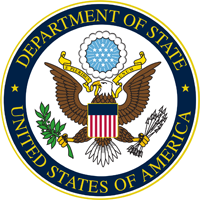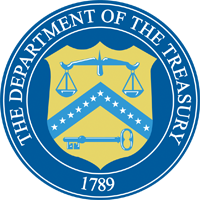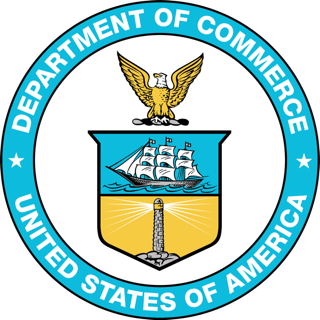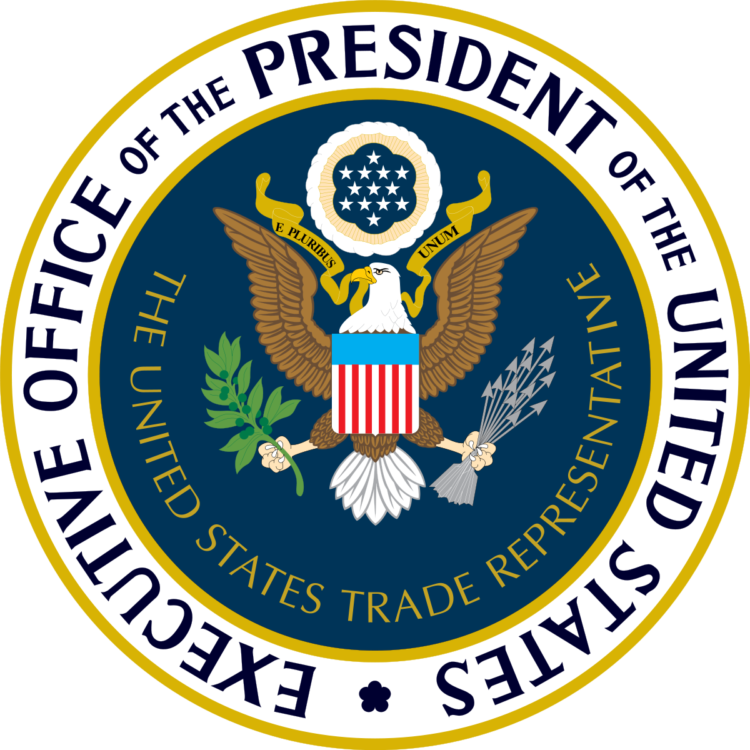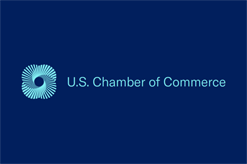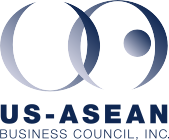Our Partners
Hosted and Sponsored by:
The U.S. Trade and Development Agency
The U.S. Trade and Development Agency helps companies create U.S. jobs through the export of U.S. goods and services for priority infrastructure projects in emerging economies. USTDA links U.S. businesses to export opportunities by funding project preparation and partnership building activities that develop sustainable infrastructure and foster economic growth in partner countries.
Co-Hosted by:
Ministry of Foreign Affairs of Japan
It is the mission of the Ministry of Foreign Affairs of Japan (MOFA) to maintain and develop harmonious external relations and promote the interests of Japan and its citizens. MOFA is also responsible for contributing to maintaining international peace and security and improving international environment through proactive engagement.
In Cooperation with:
Ministry of Economy, Trade and Industry of Japan
Ministry of Economy, Trade and Industry’s mission is to develop Japan’s economy and industry by focusing on promoting economic vitality in private companies and smoothly advancing external economic relationships, and to secure stable and efficient supply of energy and mineral resources.
U.S. Department of the Treasury
The U.S. Department of the Treasury mission is to maintain a strong economy and create economic and job opportunities by promoting the conditions that enable economic growth and stability at home and abroad, strengthen national security by combating threats and protecting the integrity of the financial system, and manage the U.S. Government’s finances and resources effectively. Treasury is also focused on closing the global infrastructure gap through private sector-led investment in quality, sustainable infrastructure. In the Indo-Pacific region, it is working with countries such as Japan, Indonesia, and India to unlock and catalyze the infrastructure investments needed to build a resilient future. These partnerships include cooperation on areas such as energy transition, green finance, and climate-resilient infrastructure.
U.S. Department of Health and Human Services
It is the mission of the U.S. Department of Health & Human Services (HHS) to enhance and protect the health and well-being of all Americans. HHS fulfills that mission by providing for effective health and human services and fostering advances in medicine, public health, and social services. HHS has staff deployed throughout the Indo-Pacific region supporting U.S. priorities for raising global health standards everywhere.
Ministry of Internal Affairs and Communications of Japan
The Ministry of Internal Affairs and Communications (MIC) is responsible for fundamental framework of Japan, such as the various organizations relating to the economic and social activities of the nation, and supports the basis of the nation. The scope of functions of the MIC includes the management and administration of the basic administration system of the country, the administration of local autonomy (regional decentralization reforms and regional vitalization), fire and emergency services and the realization of growth strategies applying information communications technologies (ICT).
Export-Import Bank of the United States
The Export-Import Bank of the United States (EXIM) is the official export credit agency of the United States. EXIM is an independent Executive Branch agency with a mission of supporting American jobs by facilitating the export of U.S. goods and services.
When private sector lenders are unable or unwilling to provide financing, EXIM fills in the gap for American businesses by equipping them with the financing tools necessary to compete for global sales. In doing so, the agency levels the playing field for U.S. goods and services going up against foreign competition in overseas markets, so that American companies can create more good-paying American jobs.
Because it is backed by the full faith and credit of the United States, EXIM assumes credit and country risks that the private sector is unable or unwilling to accept. The agency’s charter requires that all transactions it authorizes demonstrate a reasonable assurance of repayment; EXIM consistently maintains a low default rate and closely monitors credit and other risks in its portfolio.
U.S. Agency for International Development
On behalf of the American people, we promote and demonstrate democratic values abroad, and advance a free, peaceful, and prosperous world. In support of America’s foreign policy, the U.S. Agency for International Development leads the U.S. government’s international development and disaster assistance through partnerships and investments that save lives, reduce poverty, strengthen democratic governance, and help people emerge from humanitarian crises and progress beyond assistance.
U.S. International Development Finance Corporation
U.S. International Development Finance Corporation (DFC) partners with the private sector to finance solutions to the most critical challenges facing the developing world today. We invest across sectors including energy, healthcare, critical infrastructure, and technology. DFC also provides financing for small businesses and women entrepreneurs in order to create jobs in emerging markets. DFC investments adhere to high standards and respect the environment, human rights, and worker rights.
U.S. Chamber of Commerce
The Chamber of Commerce of the United States is the world’s largest business organization. Our members range from the small businesses and chambers of commerce across the country that support their communities, to the leading industry associations and global corporations that innovate and solve for the world’s challenges, to the emerging and fast-growing industries that are shaping the future. For all of the people across the businesses we represent, the U.S. Chamber of Commerce is a trusted advocate, partner, and network, helping them improve society and people’s lives.
American Chamber of Commerce in Japan (ACCJ)
The American Chamber of Commerce in Japan (ACCJ) was established in 1948 by representatives of 40 American companies. Over its 74-year history, the ACCJ has positioned itself as one of the most influential business organizations in Japan. The ACCJ has approximately 3,000 members who together represent over 600 globally minded companies with offices in Tokyo, Nagoya, and Kobe. Working closely with the U.S. and Japanese governments, business organizations and others, the ACCJ engages in activities that advance its mission of further developing commerce between the U.S. and Japan, promoting the interests of U.S. companies and members, and improving the international business environment in Japan including the commitment to demonstrating responsible corporate citizenship. The ACCJ’s more than 60 committees represent a variety of industries and make policy recommendations through advocacy tools such as viewpoints, public comments, and white papers. The ACCJ holds on average 500 events and seminars a year, many of which focus on government policy and economic trends. The ACCJ is also committed to promoting charitable and CSR activities.
U.S.-ASEAN Business Council
The U.S.- ASEAN Business Council is the premier advocacy organization for U.S. corporations operating within the dynamic Association of Southeast Asian Nations (ASEAN). The Council works across all 10 member countries of ASEAN and is proud to represent more than 160 major U.S. companies that span every industry. Our membership includes companies which have been active in Southeast Asia for more than a century as well as newcomers looking to expand their presence in one of the world’s most dynamic markets. We work to deliver tangible results that support our members’ business objectives by removing constraints on trade and investment in ASEAN. The Council also works to elevate the importance of the U.S.-ASEAN.
KEIDANREN (Japan Business Federation)
KEIDANREN (Japan Business Federation) is a comprehensive economic organization with a membership comprised of 1,494 representative companies of Japan, 108 nationwide industrial associations and the regional economic organizations for all 47 prefectures (as of April 1, 2022).Long recognized and respected as the leading voice for Japanese businesses, KEIDANREN seeks to establish consensus in the business community on a variety of important domestic and international issues, and works for their steady and prompt resolution. At the same time, we communicate with a wide range of stakeholders including political leaders, administrators, labor unions, and citizens. We also strive for the resolution of international issues and the development of closer economic relations with various countries through policy dialogue with the governments and economic associations of each country as well as international organizations.
American Association of the Indo-Pacific
The American Association of the Indo-Pacific (americanindopac.com) is a membership-led organization that works to strengthen American business and investment in the Indo-Pacific region. AAIP does this through policy initiatives, ongoing engagement with policymakers in Washington, D.C., and in the region, and close collaboration with other business associations. AAIP is legally registered in the United States as a 501c6 non-profit corporation. AAIP membership is only held by U.S.-headquartered companies and business associations.



